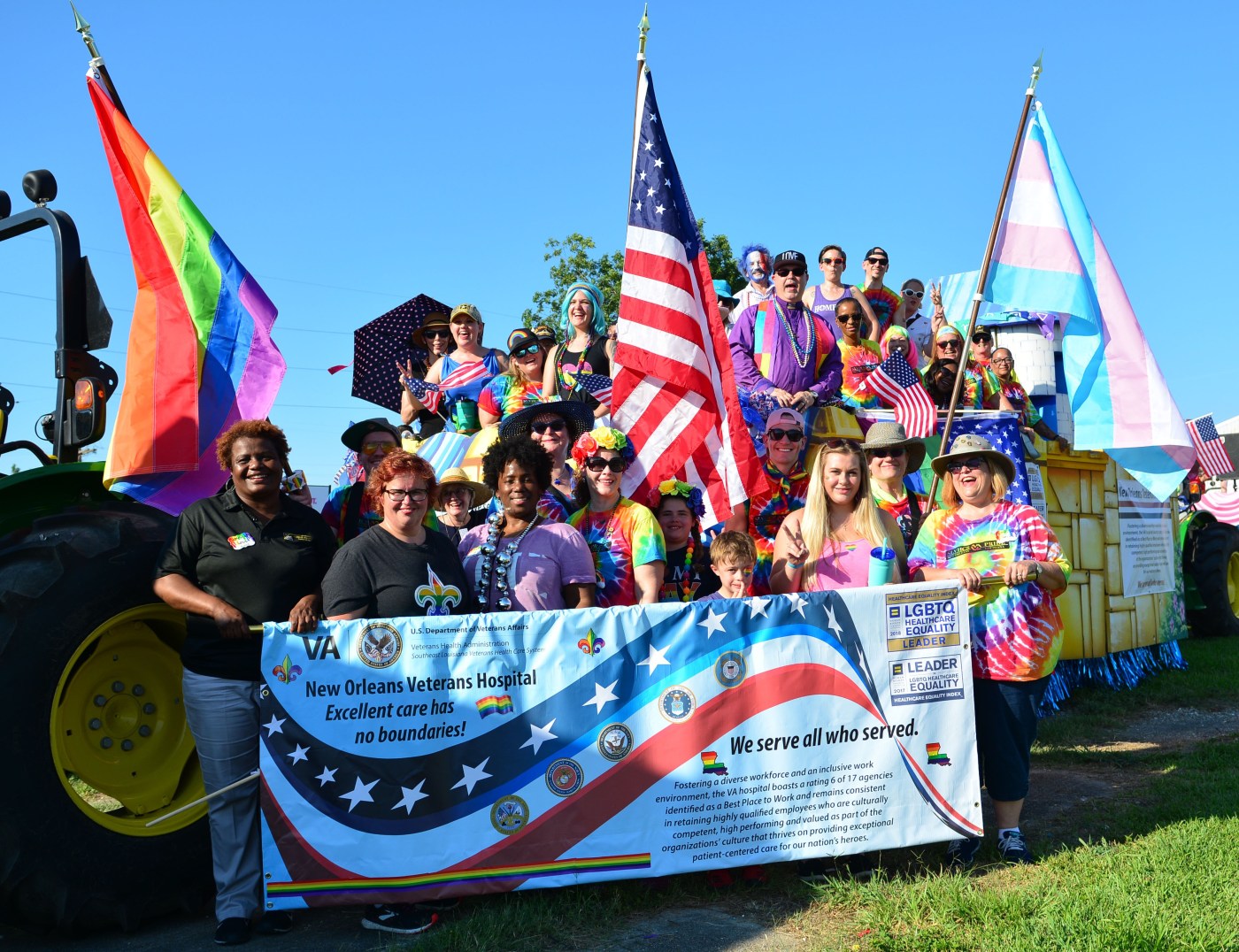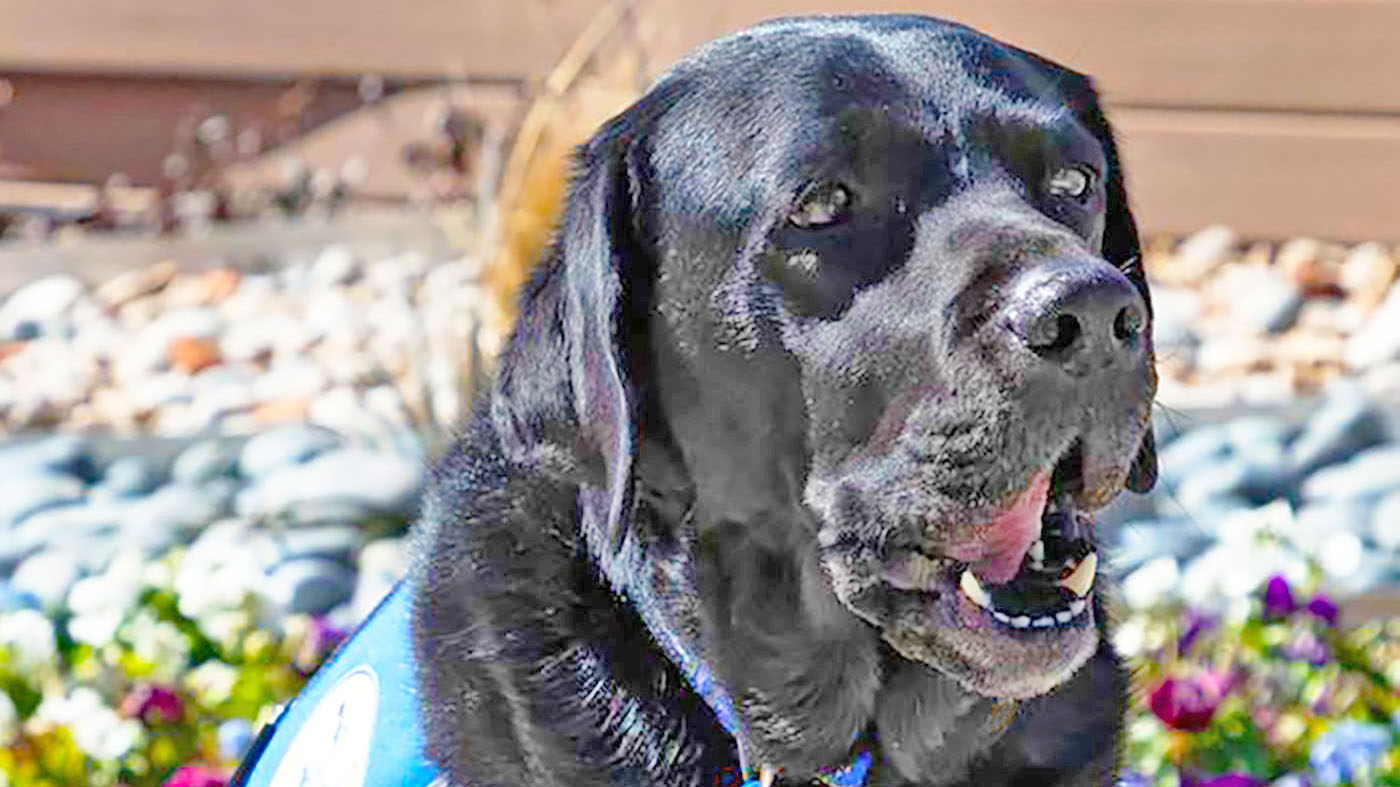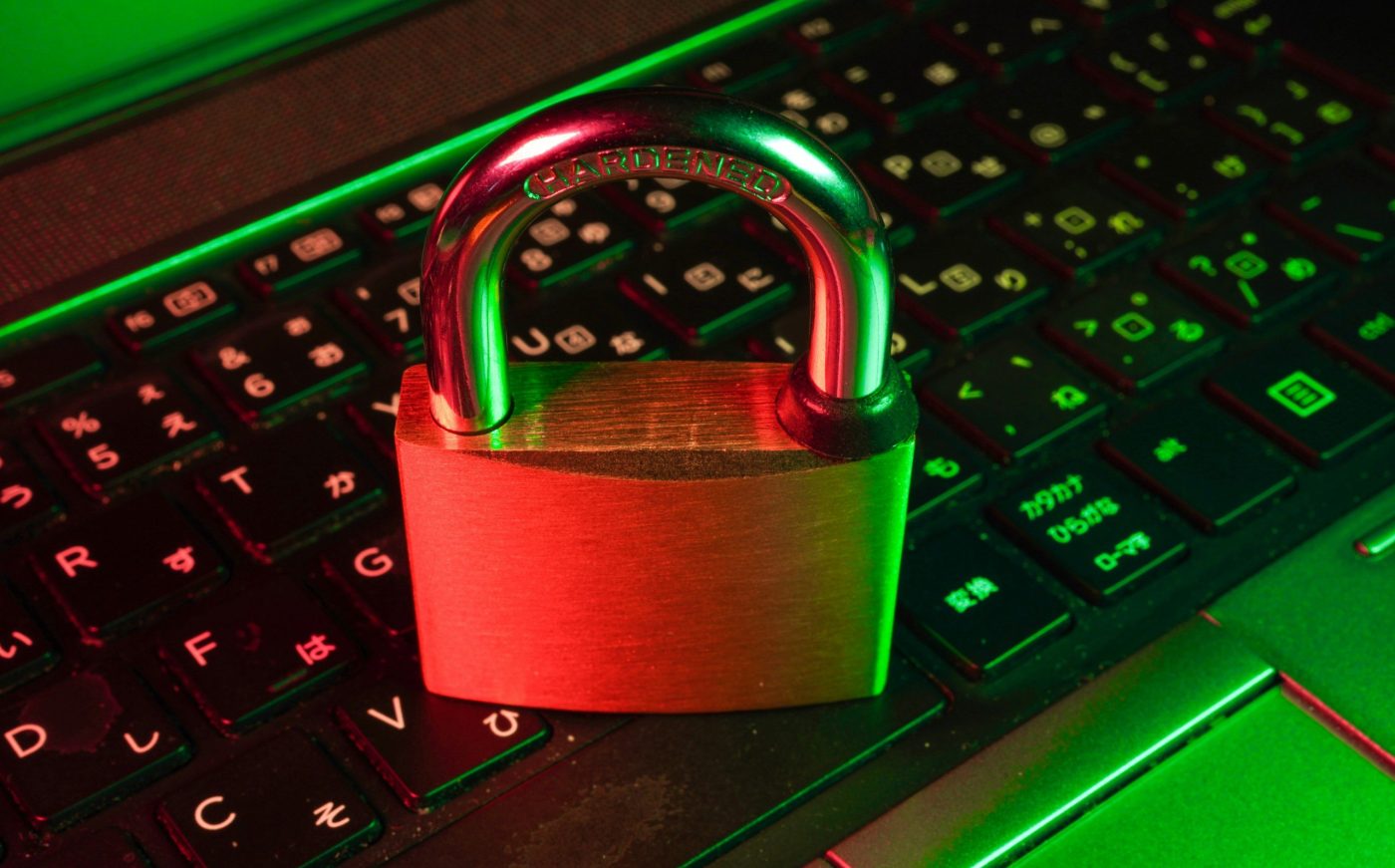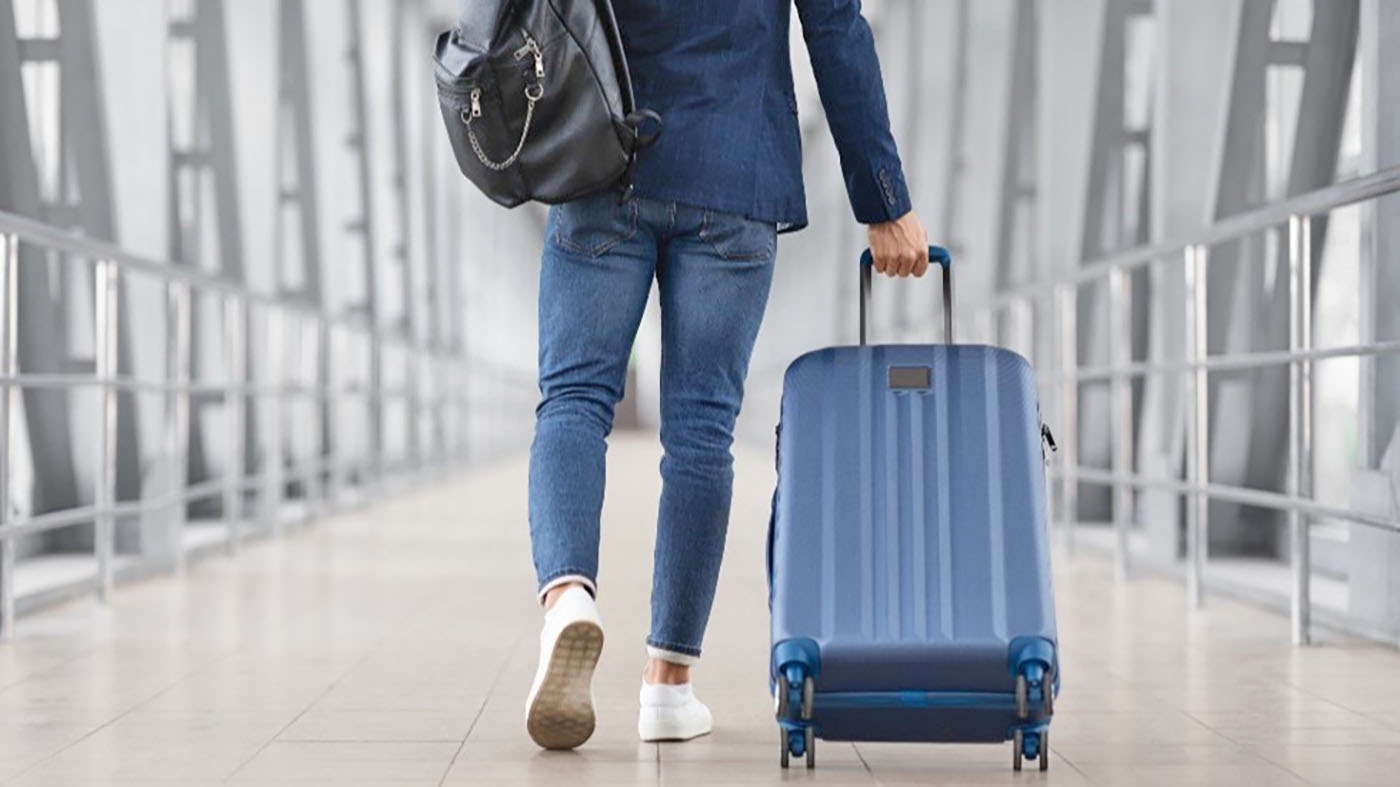With 24 floats, more than 60 marching groups, and thousands of participants, the New Orleans Pride Parade is the largest LGBT parade on America’s Gulf Coast. The parade theme for 2019 was “celebrate diversity,” and the Southeast Louisiana Veterans Health Care System (SLVHCS) was ready to do just that.
“I just love the diversity of the people that come out for it, and the fact that everybody is just so loving and accepting of each other,” said VA chaplain and Air Force Veteran Casey Allen. “That’s what we’re called to do–love each other and accept each other for who we are. I love that Pride embodies that.”
For its first year in 2016, SLVHCS participated in the New Orleans Pride parade with a handful of employees and Veterans passing out throws (bead necklaces, small stuffed animals and toys) from a van. The group has grown since then to include a tractor-pulled float of Veterans, a van for those employees who can’t walk the nearly 3-mile parade route, flag bearers, and a group of walkers, totaling around 35 Veterans and employees. The group handed out hundreds of throws this year that were donated by SLVHCS employees for the occasion. While the Pride parade is an incredible experience, it’s not just fun and games.
“I think it’s important that we’re in the Pride parade so we can let the LGBT Veteran community in New Orleans know the VA is here to support them,” said clinical psychologist Christopher Parkinson, who helped carry the VA banner leading the group. “I think the best part about this is seeing the faces of Veterans and civilians who are like, ‘Oh! The VA does support our community!’ I don’t think people realize how much of a leader the VA is in terms of promoting LGBT health care. I have friends who work in other hospitals that are working really hard to become leaders in LGBT care, and the benchmarks they’re looking to meet, we’ve already met.”
Chief of the Diversity and Inclusion/Equal Employment Opportunity Office, Army Veteran Lisa Cole, was excited the group had a float this year.
“We wanted to let the community know that we are here, we support the LGBTQ community, we serve the LGBTQ Veteran community at the hospital. We want them to know we welcome all,” said Cole. “That’s why we participate in the Pride parade.”
Cole said the health care system has an active LGBT program, a transgender Veteran support group, and was named a Leader in the LGBTQ Health Care Equality Index by the Human Rights Campaign in 2017 and 2018.
Social Worker Blaine Wilson said, “It’s important to me that the VA is in the Pride parade because if we are not representing Veterans in this kind of environment, I think we’re doing them a disservice. Even though it’s not explicitly part of their health care, it’s a part of their whole health. You go to the VA for your medical care, whatever might be ailing or distressing you in that moment, but what happens when you leave the campus? You still are a Veteran, you still are a person. How do we support you when you are a special population out in the civilian world? To me, this is a big part of representing that.”
On the parade route, the group heard lots of great feedback from spectators.
Comments like, “Oh wow, the VA!” and “Cool, VA has a float!” were overheard, and a couple Veterans even ran up from the crowd to take selfies with the New Orleans VA banner, saying proudly, “That’s my VA!”
Army Veteran Melinda Arrington said she liked that her VA was part of the Pride parade.
“It’s awesome. I receive the best care there,” Arrington said. This was the first time she participated in a Pride parade, and she was excited to do it with SLVHCS. “I love it. I love being around family. That’s my family, the military and all other Vets.”
About the Author: Jamie Mobley is a public affairs specialist at the Southeast Louisiana Veterans Health Care System in New Orleans. She is an Army Veteran and a graduate of Kansas State University.
Topics in this story
More Stories
Black Lab Raisin reminds Veterans of life outside the hospital, brightens their lives with her endless capacity for joy.
VA remains open for business and is closely monitoring the Change Healthcare (CHC) cybersecurity incident.
Take the stress out of travel. My HealtheVet makes preparing for your time away easy with these five quick tips.








In conclusion, weaning is a slow process that can produce many ups and downs. Have patience and don’t beat yourself up if you don’t have immediate success. Keep the above tips in mind and, as always, consult your pediatrician should you have any specific questions or concerns.
Is reassignment surgery in the purview of the VA? What does this have to do with healthcare? Now we know why these bureaucrats are working for the VA.